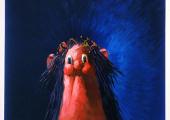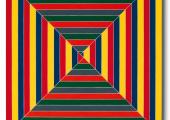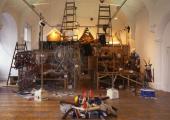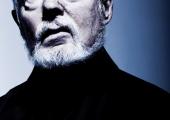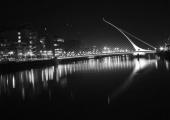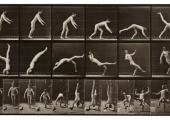The Mystery of Appearance, Haunch of Venison
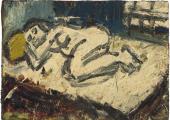
Freud, Hockney and Bacon are included in this compelling 'conversation' between 10 British postwar painters
Here be wonderful images, in an anthology of two score of paintings and drawings from the 1950s through the mid-Nineties by 10 artists whose shared interests only sharpen their individuality. Francis Bacon is the autodidact in the group, which includes two Berliners – Frank Auerbach and Lucian Freud – who came to England as children. David Hockney is the witty, adventurous northerner who has now returned, mostly, to Yorkshire from a life lived between London and Los Angeles.

